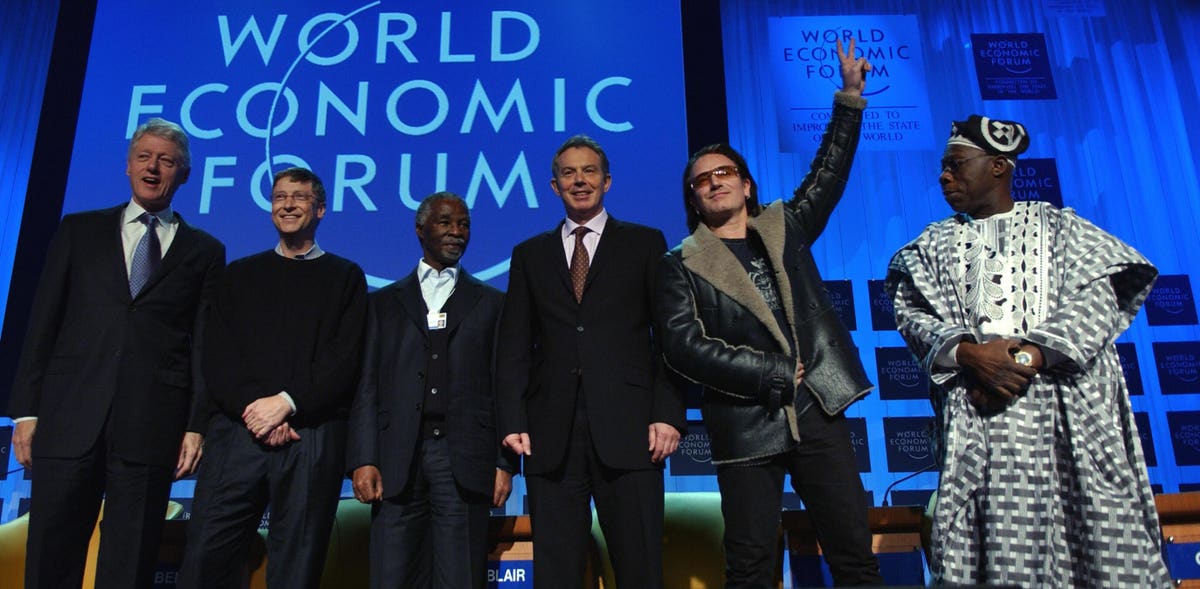The 2024 World Economic Forum has ended, with participants now heading back home, poised to implement initiatives inspired by their Davos pilgrimage experience.
With the remarkable capabilities of AI in full display, the central query remains: Can the world effectively oversee AI without hindering its potential? Conversely, can AI progress while maintaining collaborative efforts in the face of unethical practices by malicious entities?
While the World Economic Forum affirms a positive stance on both fronts, skeptics express doubts and skepticism, questioning the feasibility of curbing self-interest and the pursuit of technological supremacy.
The Challenge at Hand
Is this an unsolvable conundrum? A clash of titans? The onset of inevitable turmoil? Are we trapped in an M. C. Escher artwork, with staircases leading nowhere and water defying gravity?
Governance
The World Economic Forum’s public affairs page highlights:
- The AI Governance Alliance emphasizes the necessity of a global initiative to ensure fair access to AI technologies.
- While AI offers solutions to global issues, it also presents risks of exacerbating digital disparities.
The Forum’s AI Governance Alliance (AIGA) has published three reports focusing on generative AI governance, maximizing its benefits, and establishing guidelines for responsible AI advancement and deployment.
According to the Forum, “The alliance unites governments, corporations, and experts to steer the ethical development and implementation of AI, ensuring fair distribution and widespread accessibility of this groundbreaking technology worldwide.”
Despite the skeptics’ persistent doubts, the call for responsible AI governance echoes resoundingly.
The Burning Question
Is there a roadmap for this endeavor? Is there a precedent or a viable model? Can we envision a novel approach and, more importantly, are we prepared to embrace it?
Setting aside our readiness, a definitive “yes” resonates across all these queries.
The United Nations Trusteeship Council
Established as one of the UN’s six organs in 1945, the Council’s primary objective was to oversee the decolonization of territories under colonial rule, a monumental task given that a significant portion of the world was then under colonial governance. Despite skepticism, the Council ceased operations on November 1, 1994, with fewer individuals living under colonial rule globally than in Manhattan. In under five decades, the Council accomplished its mission, symbolically closing its doors with the mission fulfilled. While the Council remains on paper as per the UN charter, it voluntarily disbanded, showcasing remarkable success. (Source: un.org)
The International Atomic Energy Agency (IAEA)
Founded in 1957 amid escalating global concerns regarding nuclear armament, the IAEA emerged following President Dwight Eisenhower’s “Atoms for Peace” address.
Today, despite nine countries possessing nuclear weapons capabilities, no nuclear weapon has been deployed since the conclusion of World War II. Moreover, 32 nations operate 401 reactors (with 57 more in progress), generating approximately 10% of the world’s electricity. Through diplomatic agreements and stringent monitoring, the IAEA has effectively regulated nuclear activities.
The UN Trusteeship Council and the IAEA exemplify successful models for concurrently managing and advancing AI technologies.
The pivotal year ahead will determine our collective willingness to navigate this critical juncture.










